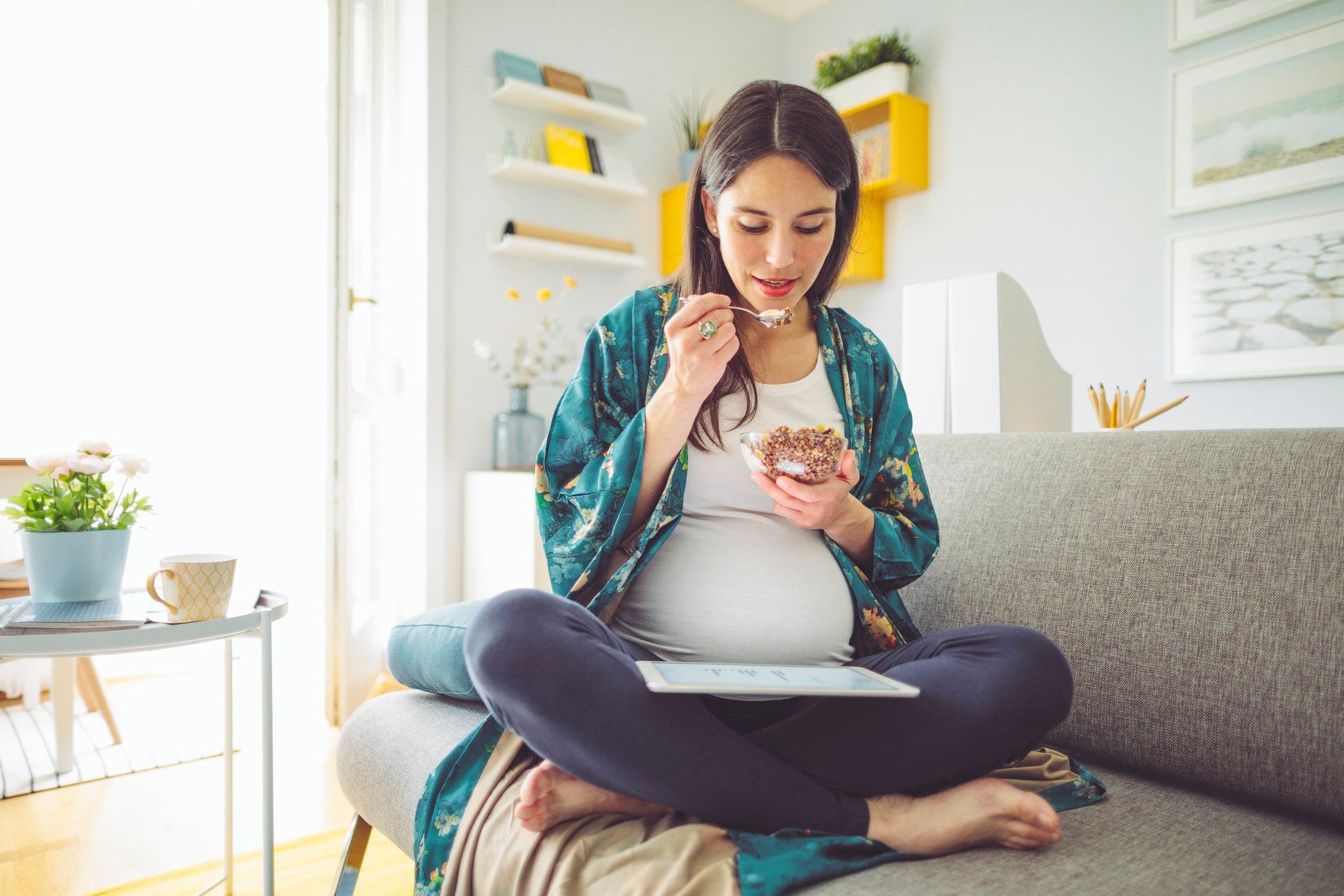Women choosing to have children much later than previous generations, new data shows
Half of women born in 1989 have not had children, according to Office for National Statistics

Women are more than twice as likely as their grandmothers’ generation to have had no children by the age of 30, according to new data.
Figures released by the Office for National Statistics (ONS) show that about half of women born in 1989 are not mothers, as increasing numbers choose to start families later in life.
This compares with the 38 per cent of women born in 1961 who did not have children by their 30th birthday, and only a fifth of women who were born in 1934.
The most common age for women born in 1974 to have children was 31, a rise from their mothers’ generation (born in 1948), who most commonly had children when they were 23.
Dr Mary-Ann Stephenson, director of the Women's Budget Group, a network of academic researchers and policy experts that analyses government policy from a gender perspective, told The Independent there were a wide range of reasons why women were having children later in life.
These include increased choice and autonomy but also financial worries.
In addition, older generations did not have as many forms of contraception at their disposal, Dr Stephenson noted. She said that social norms now make it easier for women to have children at a later stage in their life and that there is less pressure to start a family, with a substantial proportion of women choosing not to have children at all.
She said: "Women now have more economic options rather than just to get married and have children. Also women can now be choosier who they decide to form a long-term relationship with. Women who have financial independence might not want to feel tied to someone when the relationship doesn’t feel right.
“[At the same time] a significant group of women feel they are not able to afford to have children. A significant proportion of women in their thirties are struggling to afford decent housing and they look at the implications that having children would have and think it is just not feasible.
“They also add the cost of childcare into that calculation, given we live in a country with one of the most expensive childcare systems in the world. For some women, it is a positive, proactive choice not to have children, and for some women, it is a choice they are forced into because of economic circumstances.”
The ONS data shows that 36 per cent of women born in 1974 either had no children or only one child.
Amanda Sharfman, of the Centre for Ageing and Demography at the ONS, said: “We continue to see a delay in childbearing. The fertility patterns of women born more recently indicate this trend is likely to continue, with women born in 1995 showing lower levels of fertility in their twenties compared with previous cohorts.”
Research suggests that women who are not married and do not have children are the happiest group in the population, with married and childless women also likely to outlive married mothers.
Paul Dolan, professor of behavioural science at the London School of Economics, told the Hay Festival last year that, in comparison, men benefited from marriage as they “calm down”.
He said: “You take less risks, you earn more money at work, and you live a little longer. She, on the other hand, has to put up with that, and she dies sooner than if she never married. The healthiest and happiest population subgroup are women who never married or had children.”
Join our commenting forum
Join thought-provoking conversations, follow other Independent readers and see their replies
Comments

Bookmark popover
Removed from bookmarks